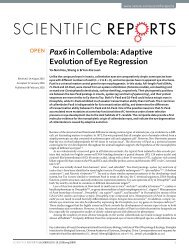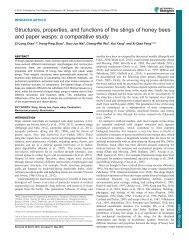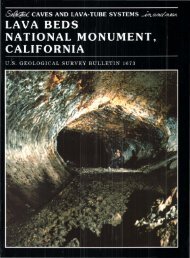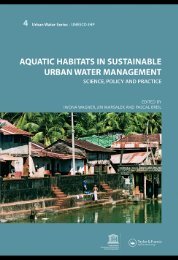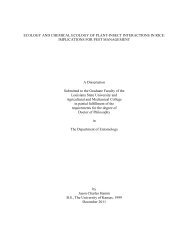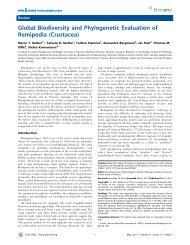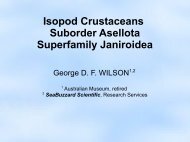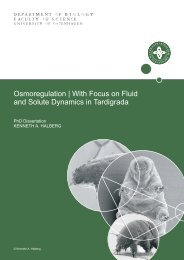Introduction to Endocrine Disrupting Chemicals
Introduction to Endocrine Disrupting Chemicals
Introduction to Endocrine Disrupting Chemicals
You also want an ePaper? Increase the reach of your titles
YUMPU automatically turns print PDFs into web optimized ePapers that Google loves.
A JOINT ENDOCRINE SOCIETY–IPEN INITIATIVE<br />
TO RAISE GLOBAL AWARENESS ABOUT<br />
ENDOCRINE-DISRUPTING CHEMICALS<br />
Founded in 1916, the <strong>Endocrine</strong> Society is<br />
the world’s oldest, largest, and most active<br />
organization devoted <strong>to</strong> research on hormones<br />
and the clinical practice of endocrinology.<br />
The <strong>Endocrine</strong> Society’s membership<br />
consists of over 18,000 scientists,<br />
physicians, educa<strong>to</strong>rs, nurses, and students<br />
in more than 100 countries. Society members represent all basic, applied and<br />
clinical interests in endocrinology. Included among the Society’s members are the<br />
world’s leading experts on the health effects of EDCs.<br />
<strong>Endocrine</strong> Society members have been at the forefront of scientific advancements<br />
in the field of EDCs since it was first recognized that exogenous chemicals can<br />
have effects on endocrine systems. The Society held its first public meeting on<br />
EDCs in conjunction with its Annual Meeting in San Francisco in 2005. The Society’s<br />
landmark 2009 Scientific Statement on EDCs was the first comprehensive<br />
review of the EDC literature, and it represented the first public statement on the<br />
issue from a major mainstream international medical society.<br />
IPEN is a leading global network of 700<br />
non-governmental organizations (NGOs)<br />
working in more than 100 developing<br />
countries and countries with economies<br />
in transition. IPEN works <strong>to</strong> establish and<br />
implement safe chemicals policies and practices <strong>to</strong> protect human health and the<br />
environment. It does this by building the capacity of its member organizations <strong>to</strong><br />
implement on-the-ground activities, learn from each other’s work, and work at the<br />
international level <strong>to</strong> set priorities and achieve new policies. Its mission is a <strong>to</strong>xicsfree<br />
future for all.<br />
IPEN has been engaged in the SAICM process since 2003, and its global network<br />
helped <strong>to</strong> develop the SAICM international policy framework. At its founding, in<br />
1998, IPEN focused on advancing the development and implementation of the<br />
S<strong>to</strong>ckholm Convention on persistent organic pollutants (POPs). Today, its mission<br />
also includes promoting safe chemicals management through the SAICM process<br />
(where it holds the public interest organization seat on the SAICM Bureau), halting<br />
the spread of <strong>to</strong>xic metals, and building a movement for a <strong>to</strong>xics-free future.<br />
ii




